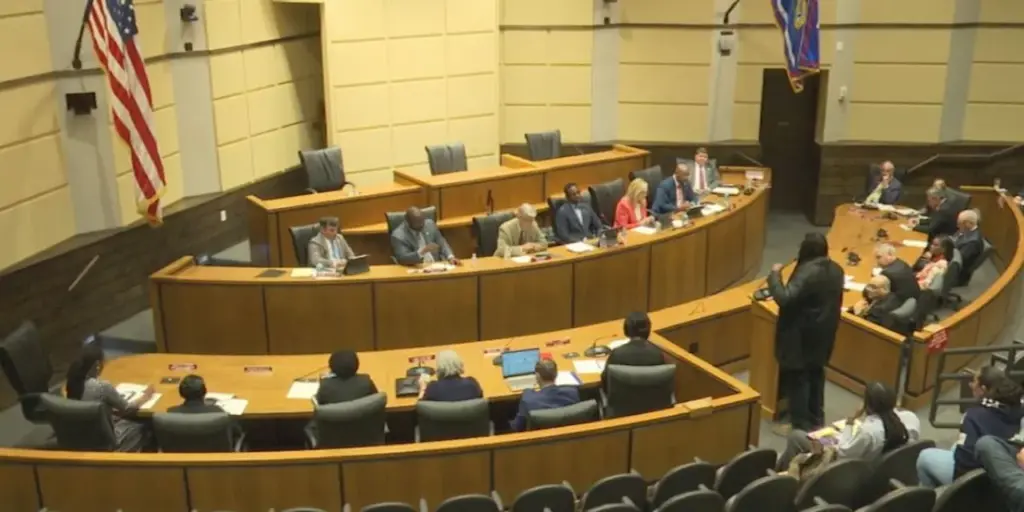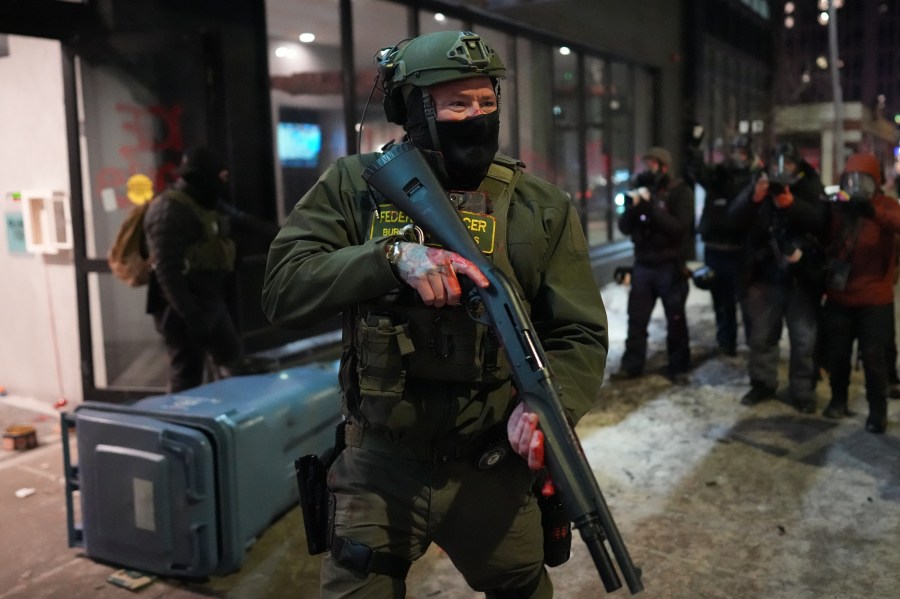
Nepal’s Prime Minister, Pushpa Kamal Dahal, resigned on October 26, 2023, following widespread protests against government corruption and a controversial ban on social media. The decision comes after escalating unrest in the capital, Kathmandu, where thousands took to the streets demanding accountability and transparency from their leaders.
The protests erupted after the government imposed restrictions on various social media platforms, including Facebook and Twitter, citing national security concerns. Critics argue that this ban was an attempt to stifle dissent and limit freedom of expression. The public outcry intensified as allegations of corruption within the government surfaced, prompting citizens to voice their frustrations in unprecedented numbers.
Public Outrage and Response
Demonstrators gathered outside government buildings in Kathmandu, expressing their anger through chants and placards that called for the resignation of Dahal and his administration. Many protesters highlighted the need for reforms to address systemic corruption that has plagued Nepali politics for years.
Local media reported that clashes between protesters and police resulted in injuries, with law enforcement using tear gas to disperse crowds. In response to the escalating violence, Dahal announced his resignation during a televised address, stating that he could no longer govern effectively under the current circumstances.
“I believe it is time for a new leader to take charge and restore faith in our government,” Dahal said. His resignation marks a significant moment in Nepal’s political landscape, as it reflects the growing discontent among citizens regarding governance and accountability.
Impact on Governance
The resignation of Dahal raises questions about the future of governance in Nepal and the potential for new leadership to address the concerns of the populace. Analysts suggest that the current political turmoil could lead to a power vacuum, complicating efforts to tackle pressing issues such as economic instability and public health crises.
The protests and subsequent resignation come at a time when Nepal is recovering from the impacts of the COVID-19 pandemic and grappling with economic challenges. The need for a stable and effective government has never been more critical, as citizens expect their leaders to prioritize transparency and integrity.
As the nation looks ahead, the political landscape remains uncertain. The opposition parties are likely to push for urgent reforms and may seek to capitalize on the public’s desire for change. The international community is also watching closely, as Nepal’s stability is crucial for regional security and economic cooperation.
The resignation of Pushpa Kamal Dahal serves as a reminder of the power of civic engagement and the demand for accountable governance. As Nepal navigates this turbulent period, the hopes of its citizens for a more transparent and responsive government remain at the forefront of the national discourse.






